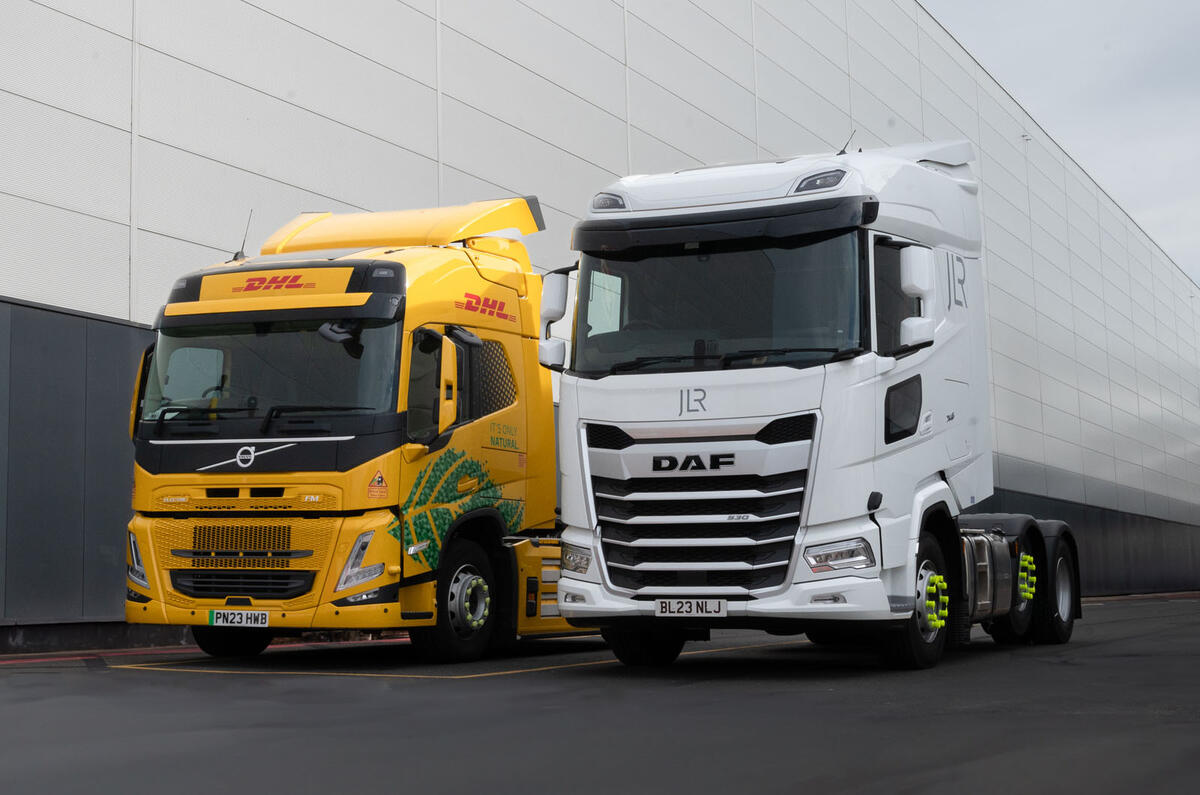JLR (formerly Jaguar Land Rover) will introduce a new fleet of bio-fuelled lorries across the UK in April 2024, in a bid to slash its carbon emissions from road freight.
The firm estimates that switching to the 220 more sustainable HGVs – 219 running biofuels and one battery-electric – will cut its road-freight CO2 output by 8433 tonnes, an 84% reduction.




Add your comment